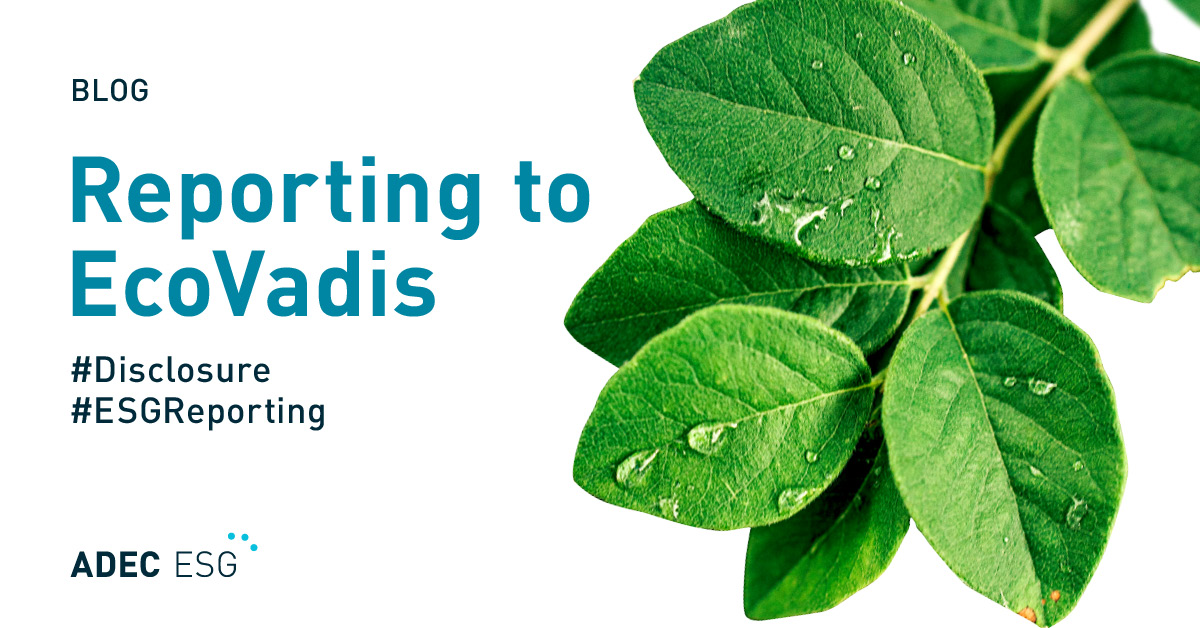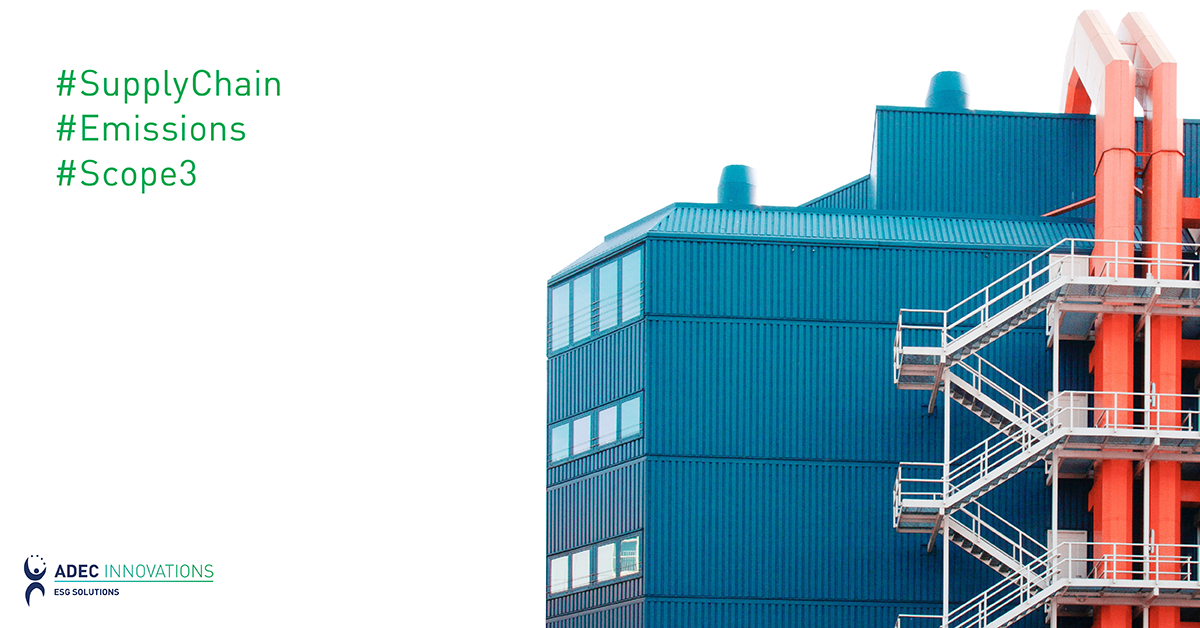Over the past decade and into the new one, there has been a marked shift towards corporate sustainability, transparency, and accountability. More and more large corporations are making commitments to cut their greenhouse gas emissions.
With supply chain emissions reaching up to 5.5 times as high as emissions from direct operations, looking at creating a more sustainable supply chain is the logical next step for any company that is committed to its sustainability goals.
What does it mean for a supply chain to be sustainable?
Companies and brands set targets to reduce emissions, resource use, and the production of hazardous waste, which are benchmarked against government regulations and international reporting standards. In a sustainable supply chain, all of a brand’s suppliers should be working towards similar targets commensurate with the brand’s overall targets for its footprint in each field. This may sound simple, but there are a number of factors that must be carefully managed to facilitate the level of cooperation required between brand and supplier.
How can businesses foster a sustainable supply chain?
Shared goals
Establishing shared goals gives supply chain members a target to work towards and plan around. Doing so also aligns supplier goals with the sustainability goals of your business, encouraging all stakeholders to work together towards a clear and focused objective. Communicate the basis for goals with suppliers and, where possible, involve them in the decision-making process. This helps develop a shared understanding of how reaching these goals will be beneficial to suppliers and brands alike.
Supplier transparency
A high level of transparency in supplier activity is essential to maintain a trusting relationship with brands and enable brands to assist with suppliers’ efforts where appropriate. Encouraging supplier transparency and reporting also gives suppliers the data they need to make improvements in order to meet sustainability goals, reduce environmental impact, and increase efficiency. One key method for creating this transparency is asking suppliers to begin cooperating with data collection for submissions to reporting standards, such as CDP.
Future focus
Brands that are committed to sustainability work with their supply chains to actively identify and act on potential opportunities and risks related to climate change. Recognizing potential challenges, such as new regulations or changes in the availability of materials, is a key part of a successful sustainability strategy. Seeking input from sustainability experts, such as ADEC Innovations, or benchmarking against area and industry standards can be effective ways of getting started.
Cooperative communications
Clear and effective communication between supplier and brand is central to the success of any joint efforts towards sustainability in a supply chain. Data management software, such as CleanChain™, an ADEC Innovation, can be a very effective tool for streamlining communication, providing a platform for secure, verifiable, and straightforward sharing of data and analysis of compliance and sustainability standards.
What are the benefits of a sustainable supply chain?
Both suppliers and brands stand to benefit in a variety of ways from achieving ambitious sustainability goals that reduce both their emissions and their overall environmental impact. Some of these benefits are very direct. Suppliers will limit the negative impacts they have on local communities and create safe, compliant work environments for their employees. Both suppliers and brands can also expect to make cost savings as they shift towards more effective use of resources. Other benefits will be felt indirectly, in the longer term:
Keeping up with consumer demand
More and more consumers are making purchasing decisions on the basis of sustainability and transparency, which leads many brands to set higher standards for their supply chain members. Suppliers making efforts to bring their operations in line with this demand are likely to build stronger relationships with the brands they work with and expand their client pool.
Staying ahead of regulation
Suppliers that take steps to bring their health and safety, chemical use, and waste disposal processes up to a higher standard will be well-positioned to adapt to new, stricter government regulations as they come into force.
Improving client relationships
The key to a good supplier-client relationship is the effective sharing of information. Using networked data collection tools with standardized reporting functions creates the level of transparency that clients need to be confident in their suppliers
Building confident communications
Suppliers can be much more confident in responding to audits and queries when they are already tracking the relevant sustainability data.
Increasing visibility to clients
Demonstrating a commitment to advancing sustainable practices will help a supplier stand out against competitors, improving chances of attracting major brands.
With issues such as climate change, social responsibility, and water and air pollution now in the global spotlight, investor and consumer attitudes towards a brand and its products are closely intertwined with their attitudes towards sustainability and other ESG factors. In addition, the effects of climate change are often unpredictable and present many potential risks to a supply chain. By minimizing environmental impact and building resiliency into supply chain processes, brands and suppliers can mitigate these risks.
ADEC ESG Solutions is a leading provider of ESG solutions, including fully-integrated industry expertise, software solutions, and data management. Contact us to learn more about how we can work with you to design custom solutions for your sustainable supply chain.




